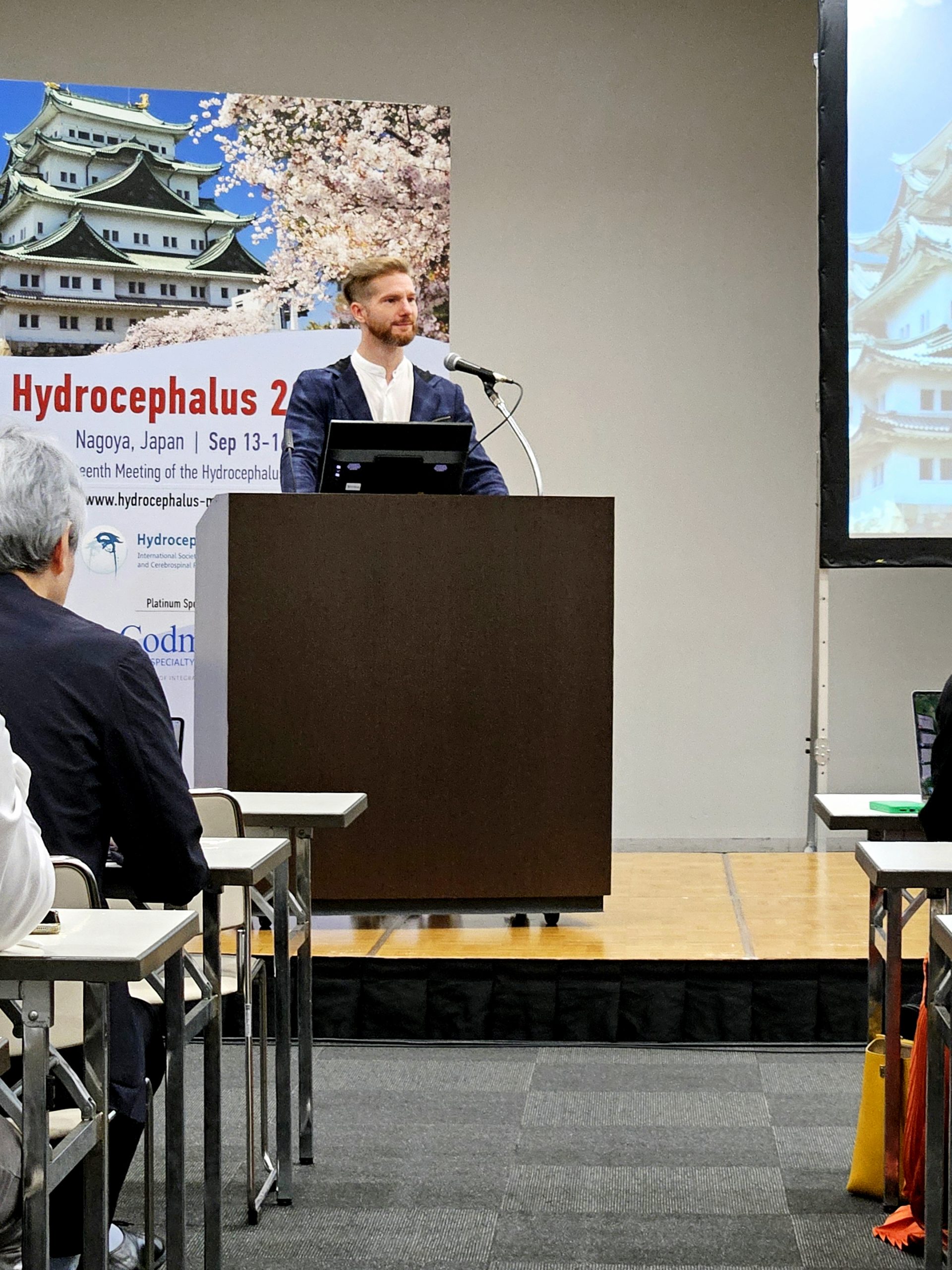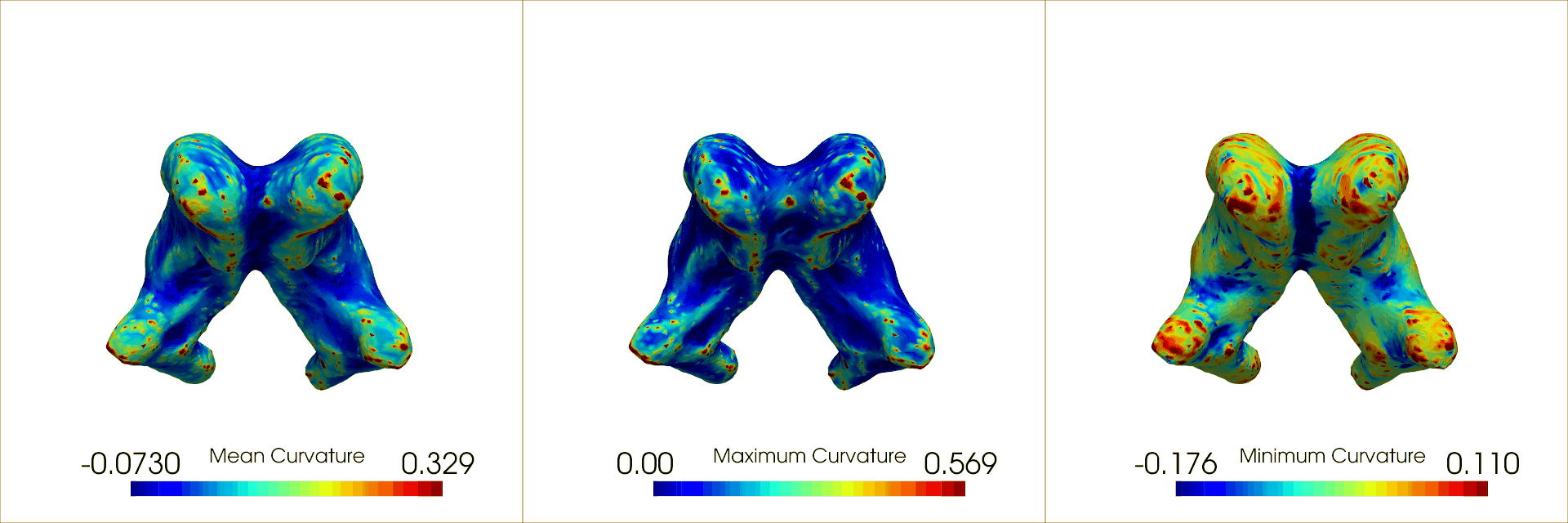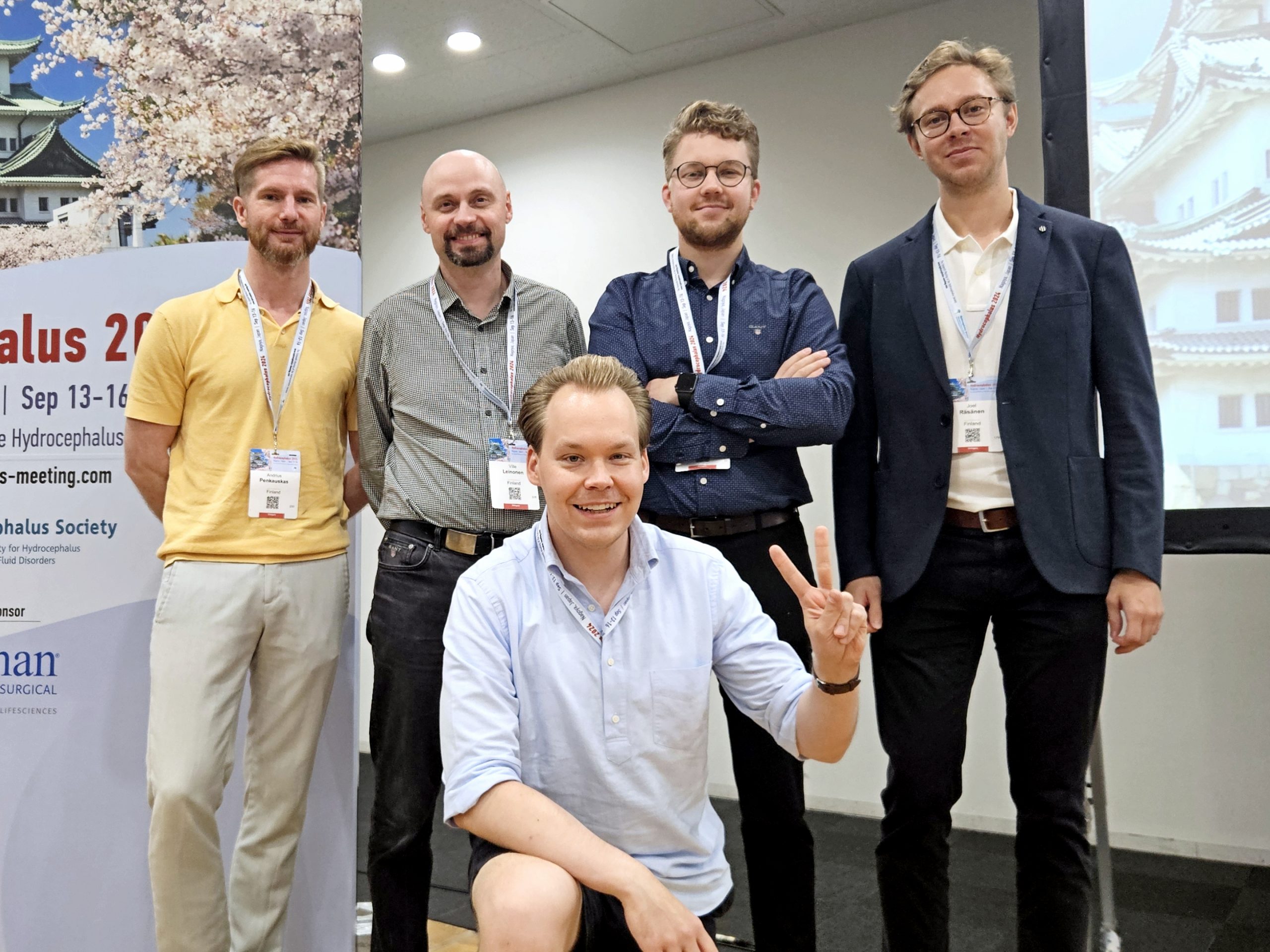Andrius Penkauskas: Variance is the key
A few years ago, as I began my PhD journey, I wrote a blog post illustrating the multidisciplinary approach I embrace, starting with a Japanese proverb. Little did I know that this path would eventually bring me to Japan. This extraordinary experience prompts me to revisit and discuss with you the significance of multidisciplinarity once more, although this time not from such a personal perspective.
While much of my research involves analyzing data on computer screens and addressing computational problems, collaboration remains a vital element. Working closely with experts such as Professors Pauli Miettinen, Jussi Tohka, and Ville Leinonen taught me that solving complex problems and pushing research boundaries depends heavily on multidisciplinary cooperation. Real-world data is inherently messy, and extracting meaning and value without getting lost in the weeds requires expert knowledge from multiple domains.

Recent events, to be specific, the privilege of presenting my research on novel 3D diagnostic markers for predicting idiopathic normal pressure hydrocephalus (iNPH) shunt surgery outcomes at the 16th World Congress of Hydrocephalus in Nagoya, vividly reinforced and extended the notion of collaboration to a new level. It was my first visit to Japan and my first medical conference—a personal milestone moment, on the other hand, just a tiny fraction of something much bigger.

Attending the Congress of Hydrocephalus was an eye-opening experience, revealing the true power of multicultural and multidisciplinary collaboration. This conference brought together experts from various fields and backgrounds, each contributing unique perspectives and insights to the collective understanding of hydrocephalus. One of the profound takeaways of this event was witnessing firsthand how complex problems are tackled through the convergence of diverse expertise, underscoring that groundbreaking progress is not just the result of individual field or personal achievements but of multilayered collaboration, shared knowledge and mutual learning.

These experiences cemented my belief that variance is essential, not just within the realm of statistics but also as a broader concept that promotes diversity of knowledge, prevents stagnation and opens the path to discovering new methods and ideas that may not emerge in a homogeneous environment. It allows for testing different hypotheses, integrating various methodologies, and ultimately finding unique solutions not evident when confined to a single domain. That is my perspective, though your mileage may vary. Nevertheless, I encourage everyone to embrace the beauty of multidisciplinary collaboration whenever the opportunity arises.
Andrius Penkauskas works as a doctoral researcher in the Neuro-Innovation PhD Programme. His research focuses on multimodal data analysis of iNPH (a type of dementia).